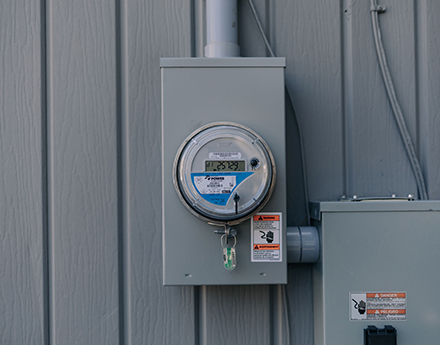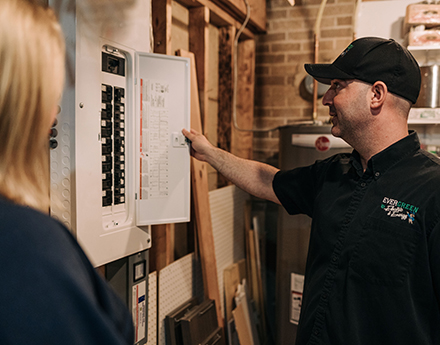Only a person who holds a valid Nova Scotia certificate in the Electrical Construction trade or a Certified Communications Cabling Specialist can obtain an electrical or communications wiring permit.
For additional information regarding certification for Construction Electricians please contact the Nova Scotia Apprenticeship Agency, toll free within Nova Scotia, at 1-800-494-5651.
For additional information regarding certification of Communications Cabling Specialists, please contact the Nova Scotia Department of Labour and Advanced Education at 902-424-8018.





